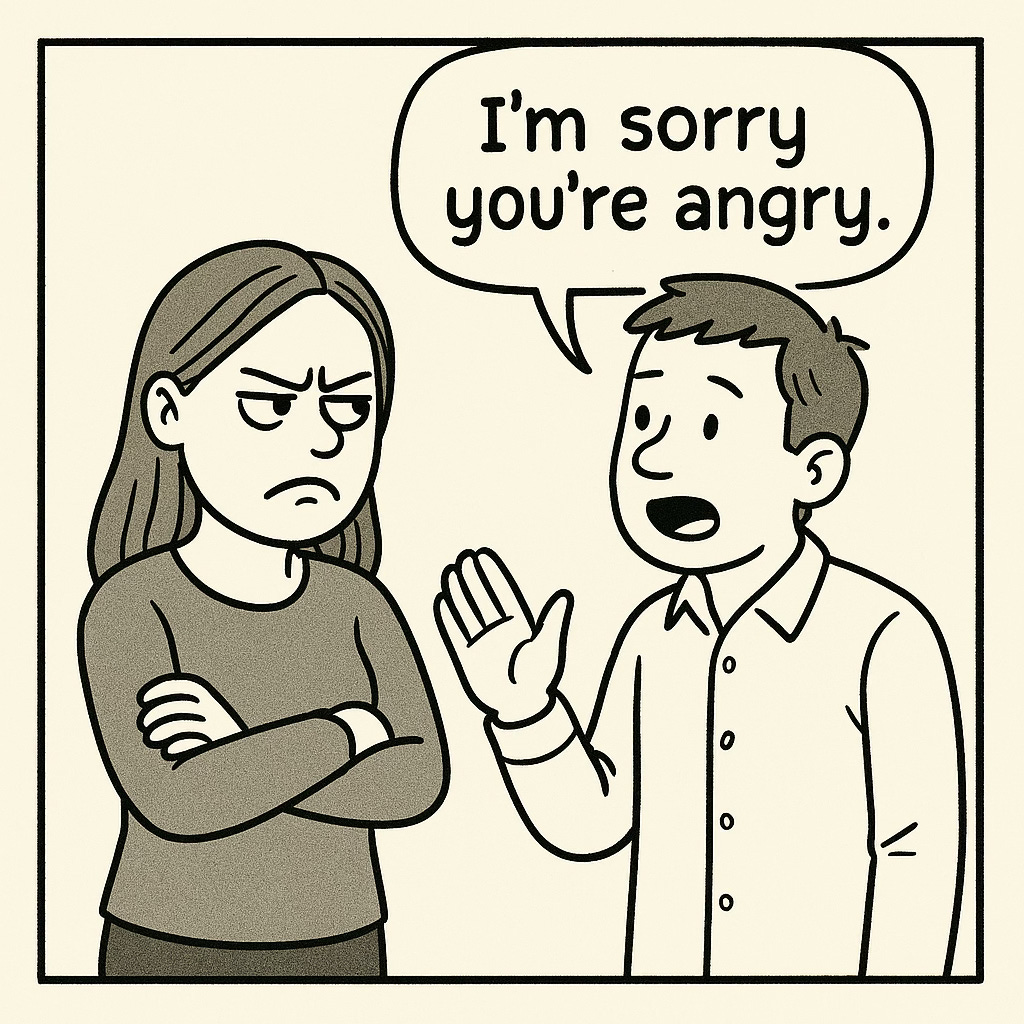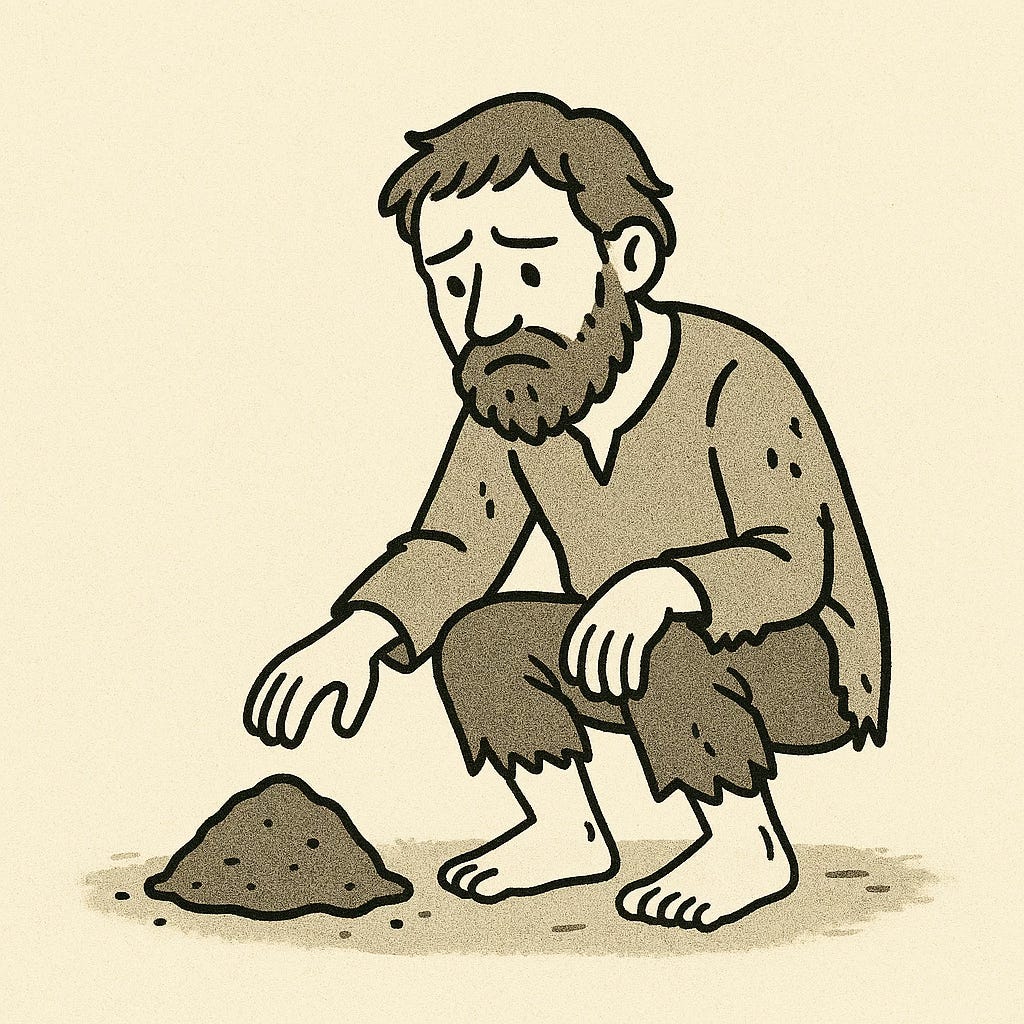“Island Time”
There are certain places that have a very magical, mystical, even supernatural energy to them. One such place that I had the good fortune to visit is Maui, the Hawaiian island. My father was living there, on Haleakala, the dormant volcano. I referenced my story of hiking down Haleakala in a post on Energy Exercises.

I was born in San Juan, Puerto Rico. Maui’s island energy reminded me of home — except during hurricanes or typhoons! It could be the ocean — both powerful and serene at times.
There are three Hawaiian words whose energy and philosophy resonate with me: Aloha, Mahalo, and Ho’oponopono.
Aloha
“Aloha” is used as both a phrase of greeting and of farewell. It means love, affection, peace, compassion, mercy, and sharing breath. It’s used to describe the force that holds existence together — I would call that a nice description of God.

In contrast, here in the USA, we speak of things like hurricanes, tornadoes, fires, and earthquakes as “Acts of God,” using the language of insurance and law.

It’s definitely one of the great mysteries that the concept of God can cover both extremes. We describe God with four “Omni’s” (or Om’s if you prefer):
Omnipotent — all powerful
Omniscient — all knowing
Omnipresent — present everywhere
Omni-loving — all loving; also called Agape (ah-gah-pey) by the Greeks, or more familiarly, unconditional love
The only problem with these four concepts as a definition of God is that they are beyond human comprehension. Think about it: what does “all powerful” really mean? What does it mean to be “all knowing”?
What does it feel like to be “present everywhere”? By definition, there could be no “God-forsaken place” because if there were, He wouldn't be omnipresent, would he?
“Omni-loving” — unconditional love: No matter what another person does or doesn't do, the level of a love is always the same. It can't go up and it can't go down. If it did, it would be conditional.
The Greeks had four different words to describe the various types of love: eros — romantic, philia — friendship, storge — familial, and agape — divine love. Back in the 80s and 90s here in the USA, we had Toyota — love for one’s chosen form of transportation.
When it comes to love, we tend to focus on the positive. Aloha is somewhat similar to the Hindu greeting Namaste — the Divine in me bows to and respects the Divine in you.
Mahalo
Mahalo is similar to gratitude, or a “thank you.” This word represents an “attitude of gratitude.” But to the indigenous population of Hawai’i, it's a gratitude for everything. Instead of just saying grace for the food we eat, it's a feeling of grace for all of existence — the air we breathe, the water we drink and bathe in, the friendships, and even the challenges.

Paul's Epistle to the Romans says, basically, that even if things are bad right now, they will work out for the best in the end. It is sort of like, trust in God’s plan. (And maybe, be on your best behavior while you’re at it.) Another way to paraphrase it would be, ”every cloud has a silver lining.” Or that things will eventually work out if you are acting in good faith with good intent.
One of my teachers taught me that the difference between Heaven and Hell is…perception. He also said this was the only difference between poop and manure. One, we have to flush down the toilet for sanitation, the other we spread over our gardens to make the plants healthier. When we say the grass is greener on the other side of the fence, it's because there's more manure. But don’t let that dog shit on my lawn!

I believe that the greatest gift you can give someone is love as close to Aloha as possible. The result is usually gratitude, or Mahalo. That’s why these two words, Aloha and Mahalo, are often interlinked. Now you are halfway to Ho'oponopono.
Ho’oponopono
Ho’oponopono is a practice used by indigenous Hawaiian healers. It was made popular by Joe Vitale and Ihaleakala Hew Len in a 2008 book called Zero Limits: The Secret Hawaiian System for Wealth, Health, Peace, and More
At the heart of the practice is a four-part prayer: 1. I'm sorry. 2. Please forgive me. To do the first two parts properly, you have to have humility. The rest of the practice is striving for that.
Remember the Beatitude from Matthew 5:5: “Blessed are the meek (humble), for they shall inherit the earth.” If you are prideful or arrogant, humility is difficult, if not impossible.
Side note for couples: You can be sorry and not have done anything wrong! For example, if your partner gets angry with you, you can say you are sorry that they got angry without any mea culpa. This has been called the “non-apology” apology.
The second part of the prayer is “Please forgive me.” Here we have to dive deeper into humility. Remember the payoff: inheriting the earth! (I’m not sure what that means, but “the Earth” sounds like a good deal. Unless He was just talking about a bunch of dirt.)
Another side note for couples: “I'm sorry, please forgive me” is de-escalatory language. You are trying to be a peacemaker. The appropriate Beatitude would be, “Blessed are the peacemakers, for they shall be called the children of God.” (Matthew 5:9)
The third part is gratitude, or Mahalo. Couples can say, “I am grateful you are my partner.” You can always add, “and I love you.” That's the fourth part. “I love you” is the ultimate. (Or “I will always love you,” shout out to Dolly Parton and Whitney Houston.)
Ho’oponopono and Healing
Can Ho’oponopono help you heal your own body? Say you had a knee that hurt. Instead of just labeling it your “bad knee” — a self-fulfilling prophecy indeed — you would say, “I'm sorry, maybe I didn't heed the warnings you gave me — the minor aches and pains.”
I like to take words with poor connotations and recast them with more helpful mnemonic acronyms. For P.A.I.N., I came up with: Pay Attention, Intentionally (or Intuitively) Now. Pain is a message from your body; a signal your brain’s radio should tune in to. Louise Hay wrote a series of books about how to interpret the messages of the body: The Power Is Within You, Heal Your Body, and You Can Heal Your Life.
Now back to that bum knee.
Ho’oponopono would go something like: “Please forgive me. I am grateful for you, especially when you heal. I am sending you love.”
A final word on the healing concepts of Hawaii: in many indigenous cultures, when someone in the tribe misbehaves, they don't use shame, guilt, imprisonment, or isolation; instead, they surround the person and give them love and forgiveness. Could this be a different way to treat cancer? What if we were to talk to the misbehaving cells and invite them back to normalcy, back to the tribe of health and wellness? I wonder if anyone has ever done this to heal cancer. It probably has happened in Hawaii!
Aloha, Mahalo and Ho'oponopono.






